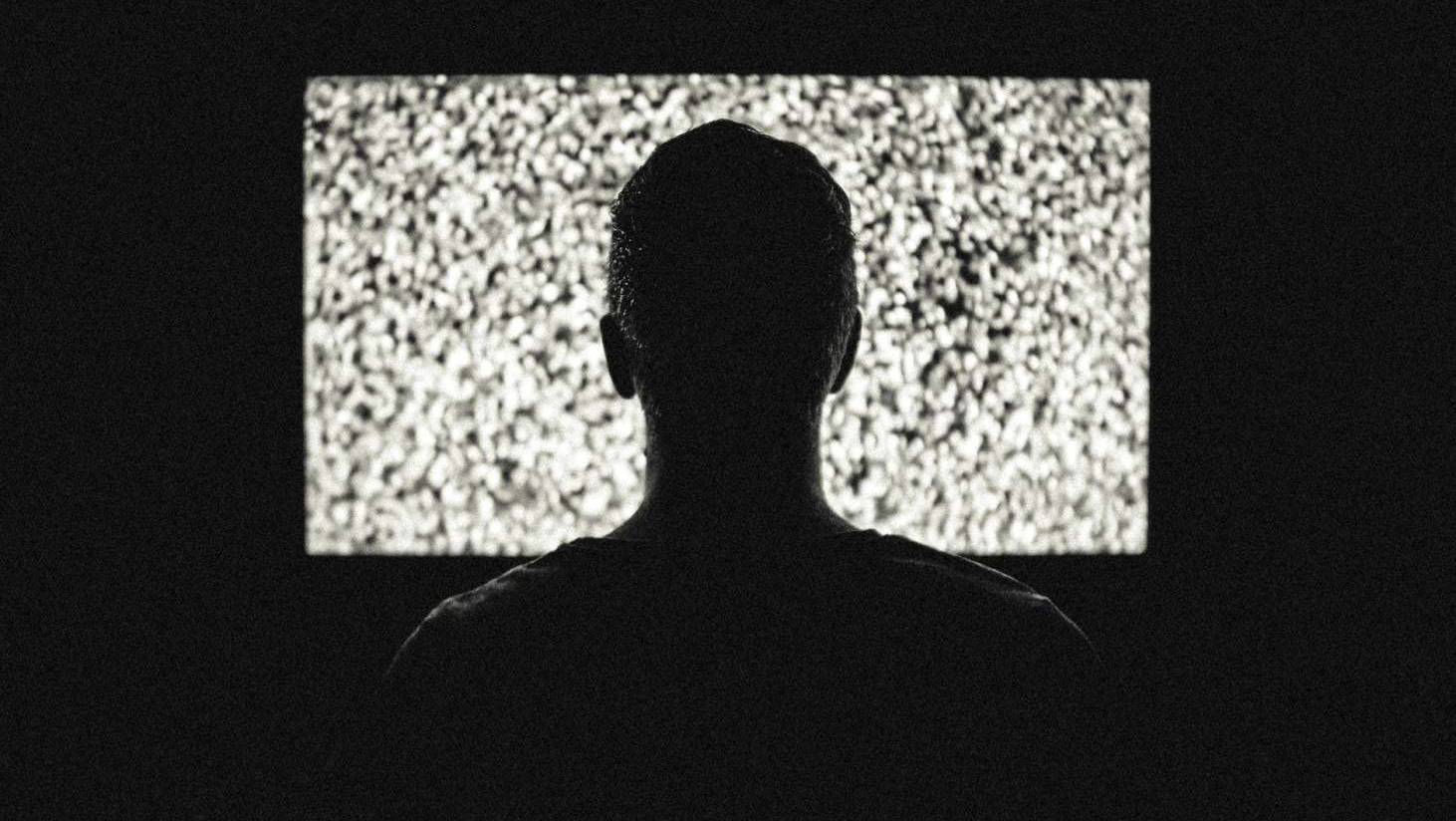In our fourth and final posting of the CIU110 series, we bring the subject of intertextuality, which is defined by John Hartley (Communication, Cultural and Media Studies: The Key Concepts, 3rd Edition, pg 126) with this:
"Best understood as the textual equivalent of cross-referencing, at a semiotic level intertextuality refers to the use of a given sign in other textual contexts. Postmodern theorists argue that intertextuality is representative of the contemporary period of humanity where meaning-making is possible only in relation to other texts. But the
term is more useful as a means of understanding how the media make meaning."
term is more useful as a means of understanding how the media make meaning."
Now, we aren't here to argue about what intertextuality means, though I personally prefer how Hartley describes it in the first sentence of the above paragraph, we're here to discuss what influences certain people or creative works.
To follow a theme of things I both like and things that pop into my head, as well as the theme of pairs of posts covering the same topic, we'll use David Shore, the producer and co-writer of the massive hit show, House.
Famously, the two main characters of the show, Dr. Gregory House and Dr. James Wilson, are suspected of being based on Sherlock Holmes and Dr. John Watson, which is a lovely example of cultural referencing, and though Shore isn't the first to reference them in television, he is possibly the one to best bring Holmes and Watson to life in roles that are not specific to the original characters, if not the only one to do so.
Now, there are other, more direct, references to other media content, mostly to musicians, with a significant portion being to Mick Jagger, however they're continued throughout the House series and aren't pertinent specifically to David Shore, though Shore is pertinent to the series as a producer and co-writer.
There are other works of David Shore that are notable, such as the new hit series The Good Doctor, which is based off a Korean television series of a similar name, however there seems to be a significant amount less of culture references and more of a focus on the medical drama that it is, with specifics to the main characters autism.
With influences for David Shore specifically, and not of that of his works and the influences and cultural references put into them, being quite difficult to find out; mostly due to the lack of literature on David Shore, unless you want to know his favourite TV show is The Rockford Files (1974), this particular endeavour is quite difficult, though it seems I've covered a good portion of things that have at the very least, some semblence of influence and cross reference within them.
And so, with that;
The End
The End






